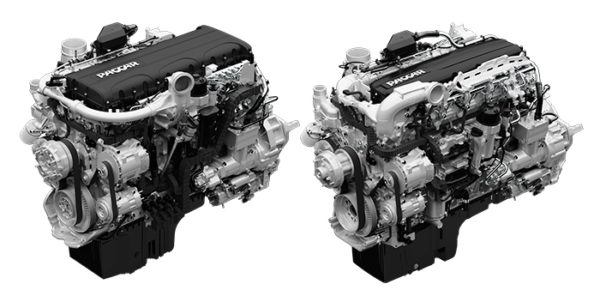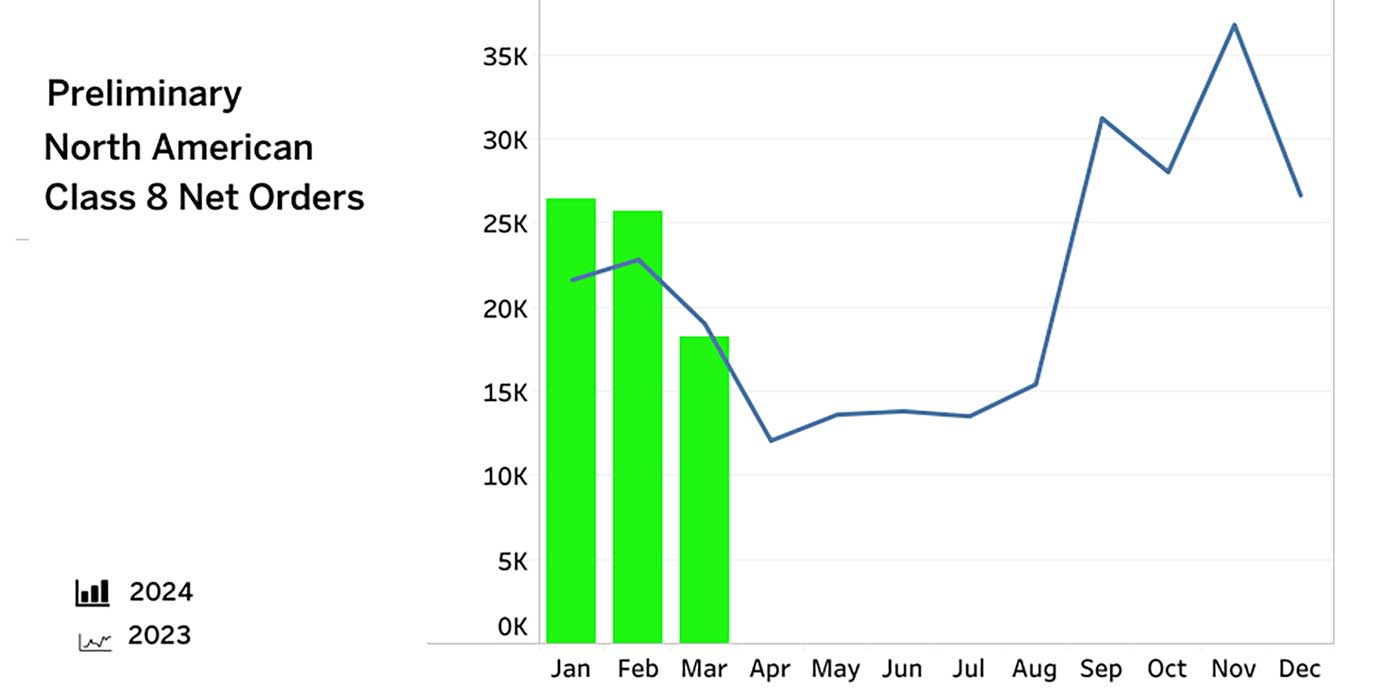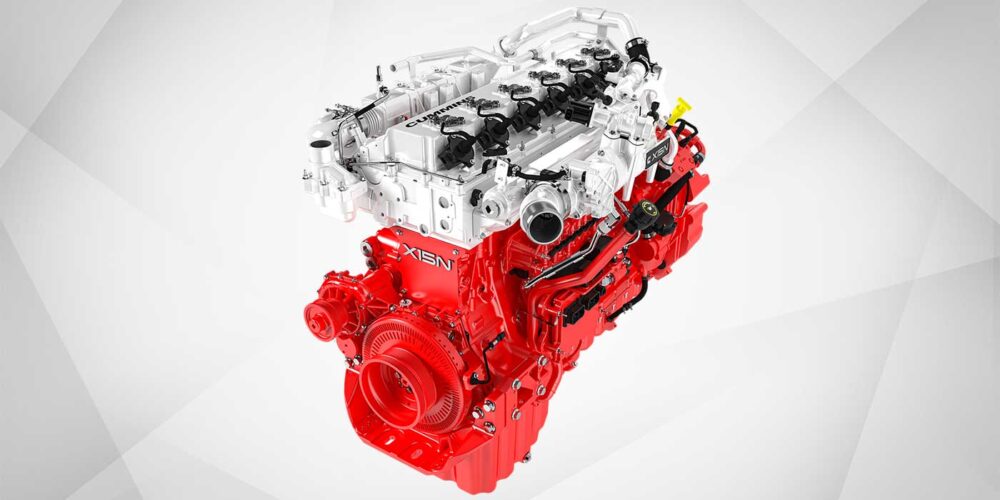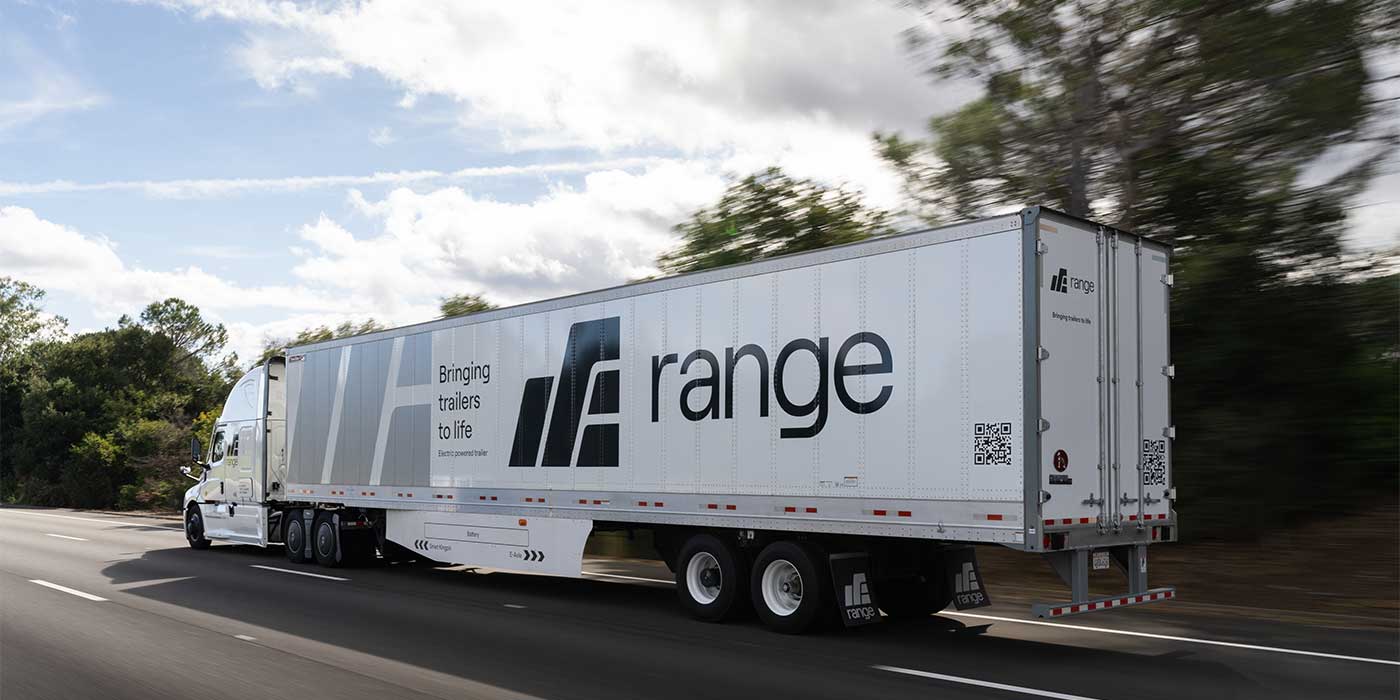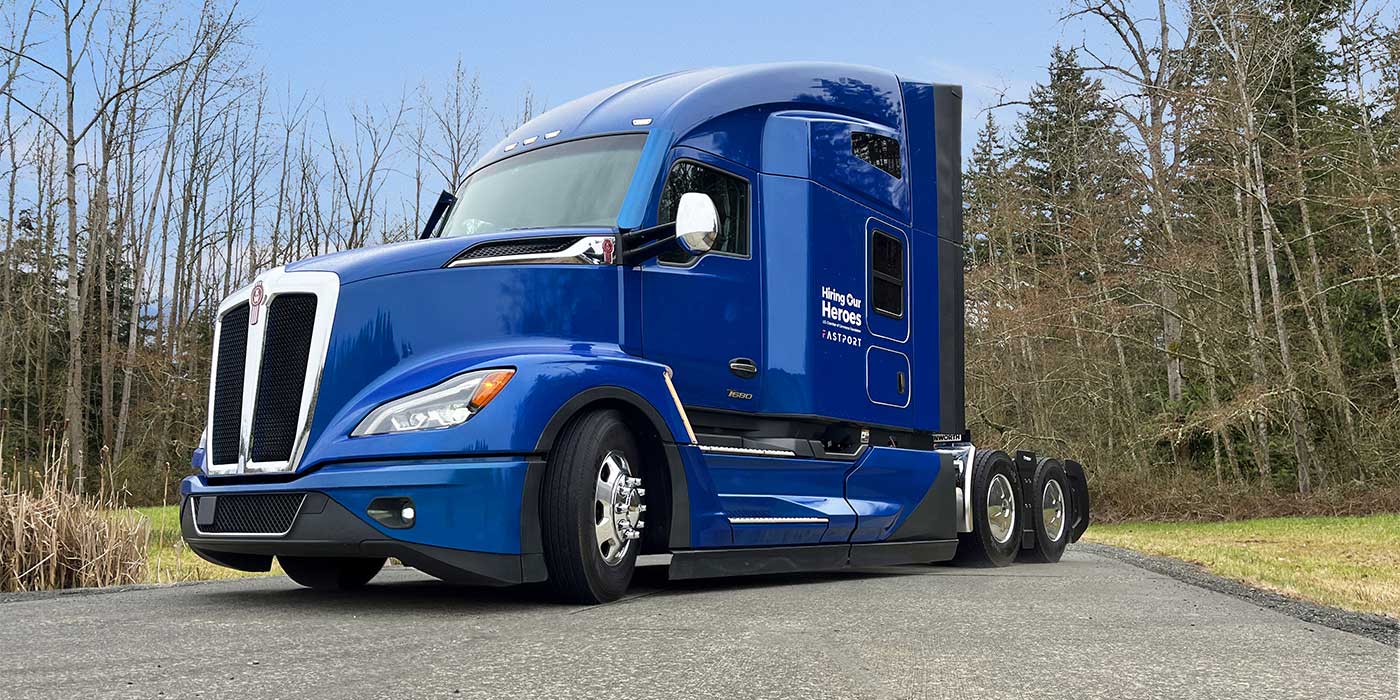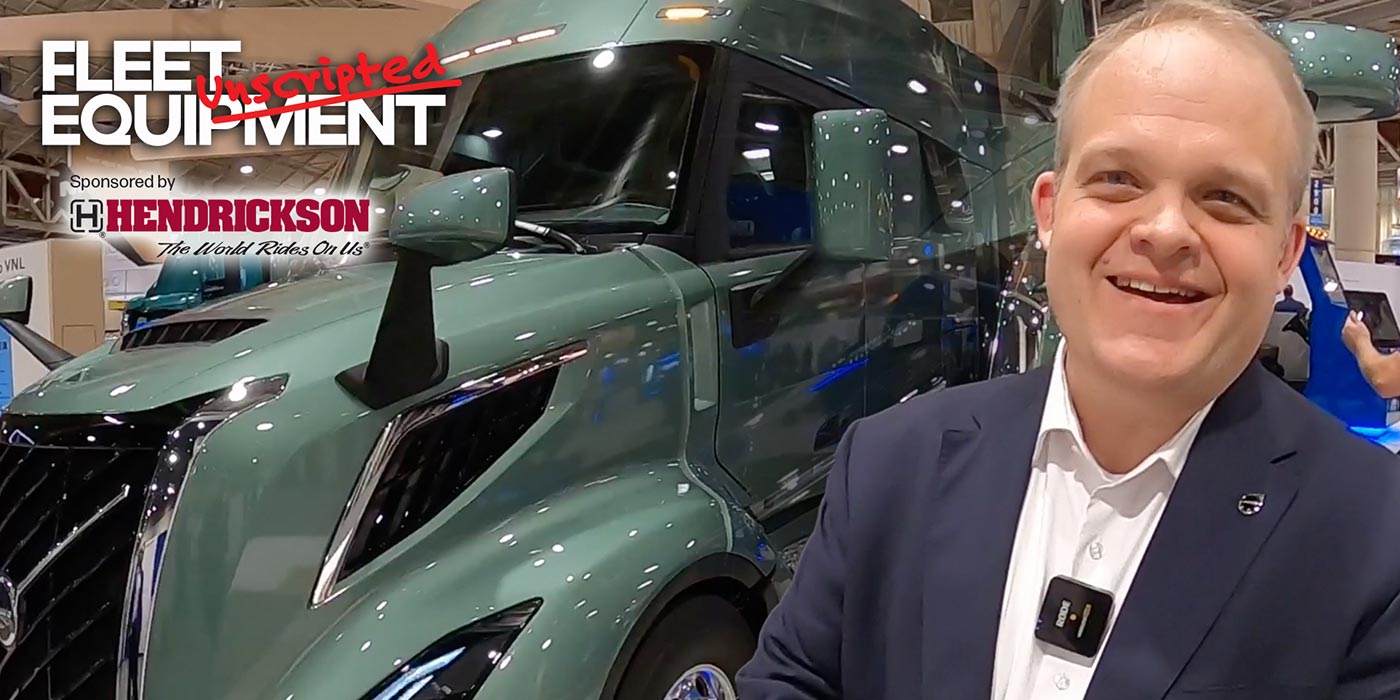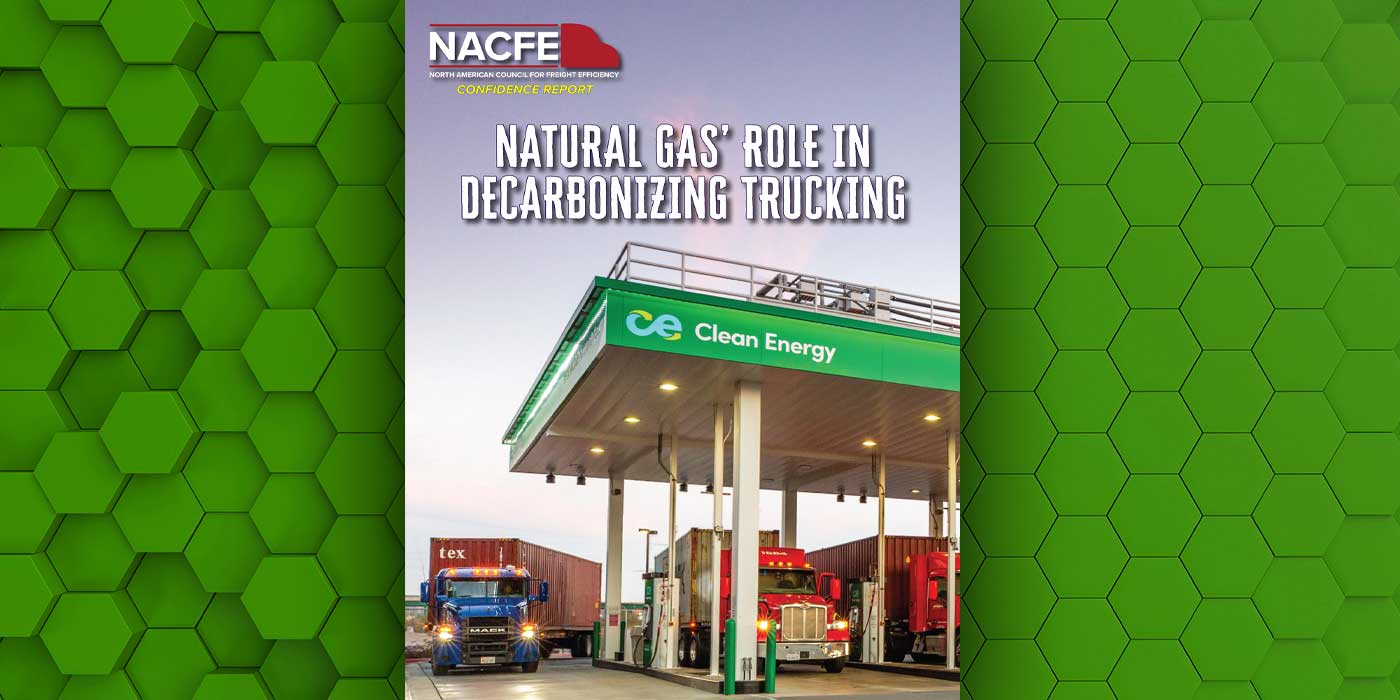PACCAR has announced power, torque and fuel efficiency enhancements to its MX-13 and MX-11 engines for 2017. PACCAR increased the MX-13 engine’s output to 510 HP and 1,850 lb./ft. of torque and increased the MX-11 engine’s output to 430 HP and 1,650 lb./ft. of torque. The enhanced PACCAR MX-11 engine also adds a new 335 HP and 1,150 lb./ft. torque rating in the lower end of the power range. PACCAR’s MX engines deliver peak torque at 900 RPM for the majority of engine ratings, supporting increased performance and driving flexibility.
According to PACCAR, the MX engines have a B10 life of one million miles. Each PACCAR MX engine also comes standard with factory installed remote diagnostics to deliver proactive customer support.
Features of the the 2017 PACCAR MX-13 (above right) and MX-11 (above left) engines include a new single cylinder air compressor, variable displacement oil pump, and variable speed coolant pump providing customers with fuel economy gains over the previous engine design. The engines extend oil and fuel filter change intervals from 60,000 miles to 75,000 miles, and now utilize a single canister aftertreatment system that reduces weight by 100 lbs., improves serviceability and lengthens service intervals, according to PACCAR.
“The PACCAR MX-13 and MX-11 engines are designed to deliver optimum performance, durability, fuel economy, and the lowest total cost of ownership for our customers,” said PACCAR Vice President Landon Sproull.
The new engines will be available in Kenworth and Peterbilt trucks in January .

